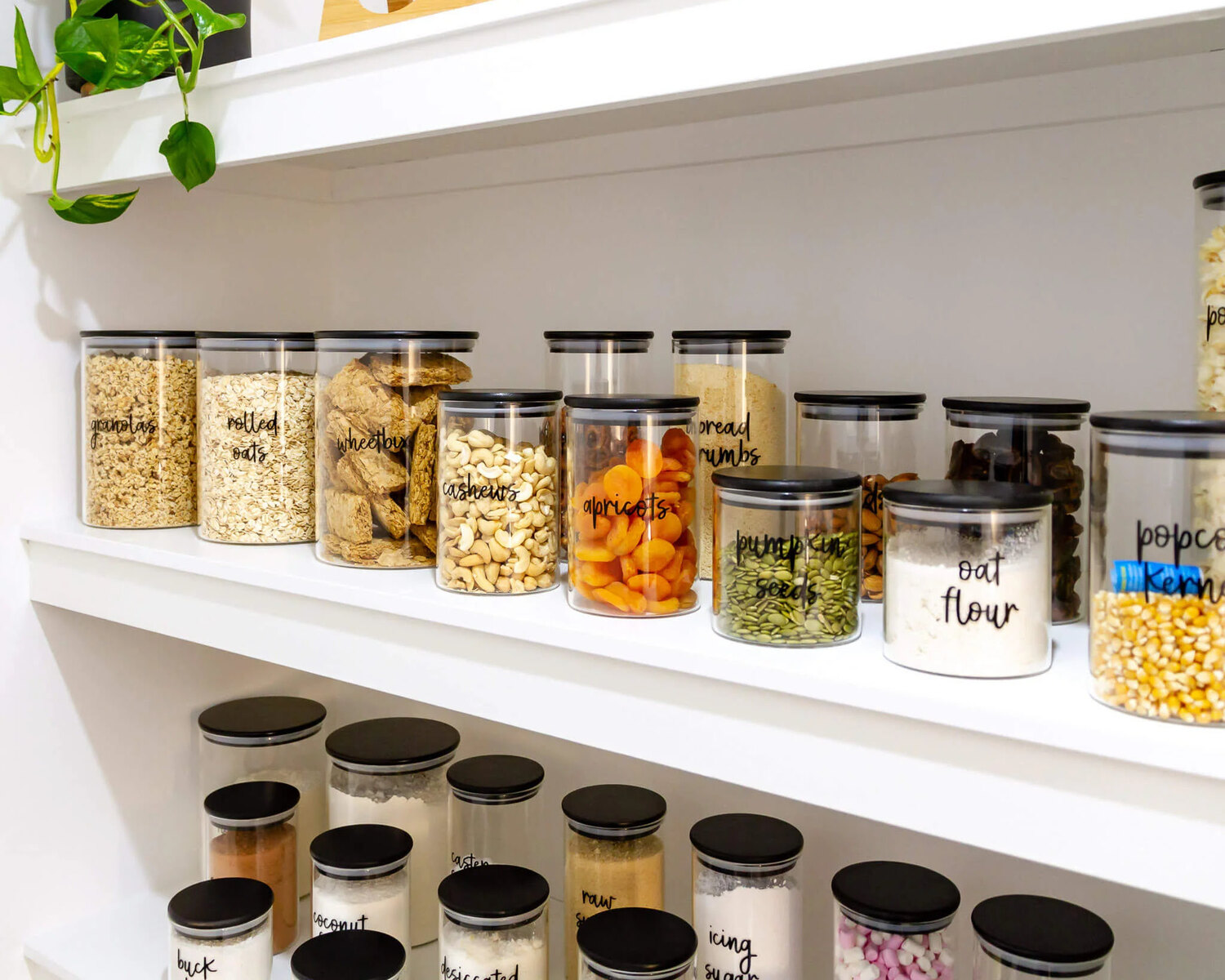

Articles
How To Store Glass Jars
Modified: October 18, 2024
Discover the best ways to store glass jars with our informative articles. From organizing tips to space-saving solutions, we've got you covered.
(Many of the links in this article redirect to a specific reviewed product. Your purchase of these products through affiliate links helps to generate commission for Storables.com, at no extra cost. Learn more)
Introduction:
Glass jars are versatile and convenient containers that can be used for storing a wide range of items. From preserving homemade jams and pickles to organizing small trinkets and spices, glass jars have become a staple in many households. However, to ensure the longevity and proper maintenance of your glass jars, it is important to store them correctly.
In this article, we will discuss the essential supplies, cleaning and preparation process, suitable storage locations, organization tips, and other helpful techniques for storing glass jars. Whether you have a small collection of mason jars or a vast assortment of unique antique jars, these tips will help you keep them safe and organized.
So, if you’re eager to learn how to properly store your glass jars, let’s delve into the details!
Key Takeaways:
- Proper storage of glass jars is essential for maintaining their integrity and longevity. From essential supplies to labeling and tracking, following these guidelines ensures safe, accessible, and well-organized glass jar storage.
- When storing glass jars, prioritize careful handling, efficient organization, and preventive measures. By implementing these strategies, you can preserve the quality of your glass jars and avoid common storage issues.
Read more: What To Store In Glass Jars
Essential Supplies for Storing Glass Jars:
Before you begin storing your glass jars, it’s important to gather the necessary supplies to ensure their protection and longevity. Here are some essential supplies you will need:
- Sturdy Boxes or Containers: Select sturdy boxes or containers that are durable enough to hold the weight of the glass jars. Opt for options made from plastic or cardboard with sufficient strength to prevent breakage.
- Dividers or Padding Materials: To prevent the glass jars from hitting each other and potentially breaking, you will need dividers or padding materials. These can include bubble wrap, foam inserts, or even cardboard dividers.
- Labels and Markers: It is crucial to label your glass jars to easily identify their contents. Make sure to have labels and markers handy so that you can clearly mark the jars.
- Packing Tape and Scissors: Packing tape is essential for sealing boxes and securing the dividers in place. Keep a pair of scissors nearby to easily cut the tape as needed.
- Storage Shelves or Cabinets: If you have a larger collection of glass jars, consider investing in storage shelves or cabinets to keep them organized and easily accessible.
- Cleaning Supplies: Before storing the glass jars, ensure they are thoroughly cleaned. Gather cleaning supplies such as mild detergent, water, sponges, and towels for the cleaning process.
By having these essential supplies on hand, you’ll be well-prepared to store your glass jars safely and efficiently.
Cleaning and Preparing Glass Jars for Storage:
Before you store your glass jars, it is crucial to clean and prepare them properly. This will help maintain their condition and prevent any potential issues down the line. Here’s a step-by-step guide on how to clean and prepare glass jars for storage:
- Empty and Remove Labels: Start by emptying the contents of the glass jars and removing any labels or adhesive residue. Soak the jars in warm, soapy water to loosen stubborn labels. Use a scrub brush or sponge to gently scrape off the remaining adhesive.
- Wash with Mild Detergent: Once the labels are removed, wash the jars with mild detergent and warm water. Use a sponge or bottle brush to thoroughly clean the inside and outside of the jars.
- Rinse and Dry: After washing, rinse the jars with clean water to remove any residue. Allow them to air dry upside down on a clean, absorbent towel. This will help eliminate any moisture and prevent the growth of mold or bacteria.
- Inspect for Damage: Take a moment to inspect the glass jars for any cracks, chips, or other damage. Any compromised jars should be discarded to avoid potential hazards during storage.
- Consider Sterilizing: If you plan to store food items in the glass jars, consider sterilizing them. This can be done by boiling the jars in a large pot of water for a few minutes. Allow the jars to cool before transferring them to storage containers.
- Secure Lids: Ensure that the lids or caps are tightly secured on the glass jars. This will help maintain the freshness and integrity of the stored items.
By following these cleaning and preparation steps, your glass jars will be ready for safe and organized storage.
Choosing the Right Location for Glass Jar Storage:
When it comes to storing glass jars, selecting the appropriate location is key. The right storage environment will help protect the jars from breakage, humidity, and temperature fluctuations. Here are some factors to consider when choosing the ideal location for your glass jar storage:
- Avoid Direct Sunlight: Sunlight can cause damage to glass jars, including discoloration and heat-related stress. Choose a location away from direct sunlight to keep your jars in optimal condition.
- Temperature Stability: Extreme temperature changes can lead to thermal shock, which can cause glass jars to crack or shatter. Opt for a storage area that maintains a consistent temperature, avoiding areas prone to high heat or excessive cold.
- Adequate Ventilation: Proper air circulation is crucial to prevent moisture buildup and the potential growth of mold or mildew. Choose a storage area with adequate ventilation to ensure the jars remain dry and free from any moisture-related issues.
- Avoid High Traffic Areas: Glass jars are fragile and can be easily knocked over or damaged if stored in high traffic areas. Select a location where the jars can be safely stored and accessed without the risk of accidental collisions.
- Consider Shelving Options: Investing in storage shelves or cabinets can make organizing and accessing your glass jars much easier. Sturdy shelves provide ample support and prevent the jars from being stacked too high, reducing the risk of accidents.
- Keep Away from Hazardous Materials: Avoid storing glass jars near chemicals, cleaning agents, or any other hazardous materials. These substances can potentially contaminate the jars or pose a safety risk.
By considering these factors, you can choose a suitable location that will ensure the safety and longevity of your glass jar collection.
Organizing and Arranging Glass Jars in Storage:
Proper organization and arrangement of your glass jars in storage not only maximize space but also make it easier to locate and access them when needed. Here are some tips for organizing and arranging your glass jars:
- Categorize by Type or Size: Sort your glass jars into categories based on their type or size. For example, you can separate them into categories such as food storage, spices, or crafting supplies. This will make it easier to find specific jars when needed.
- Use Dividers or Racks: Utilize dividers or racks to keep your glass jars neatly separated. This prevents them from touching and potentially breaking each other. Consider using adjustable dividers or racks so you can customize the storage space based on the size of your jars.
- Stacking and Nesting: If you have limited storage space, consider stacking similar-sized jars together. Make sure to place padding, such as foam inserts or cardboard dividers, between each layer to prevent them from scratching or breaking. Additionally, nest smaller jars inside larger ones to save space and keep them organized.
- Label and Rotate: Label each jar with its contents to easily identify them. Additionally, consider rotating the jars periodically, using the first-in, first-out (FIFO) method, especially for food storage. This ensures that older items are used before newer ones and helps prevent wastage.
- Consider Transparent Containers: Transparent storage containers or jars with see-through lids can be ideal for storing and organizing glass jars. This allows you to easily see the contents without having to open each jar.
- Keep Frequently Used Jars Accessible: Place frequently used glass jars in a more accessible location within your storage area. This minimizes the need to constantly rummage through other jars, saving time and effort.
By implementing these organizing and arrangement techniques, your glass jars will be neatly stored and easily accessible whenever you need them.
Read more: How To Store Fruit In Glass Jars
Tips for Maximizing Space and Efficiency in Glass Jar Storage:
When it comes to storing glass jars, maximizing space and efficiency is essential, especially if you have a large collection. Here are some helpful tips to make the most out of your storage space:
- Utilize Vertical Space: Consider installing shelves or cabinets that extend from floor to ceiling. This maximizes vertical space and provides ample room for storing glass jars. Make use of the entire height of the storage area by placing taller jars or containers on higher shelves.
- Invest in Stackable Containers: Stackable storage containers or bins can be a game-changer when it comes to organizing glass jars. These containers allow you to utilize vertical space efficiently while keeping the jars secure and protected.
- Use Wall-Mounted Racks or Pegboards: Install wall-mounted racks or pegboards to hang your glass jars. This not only frees up valuable shelf space but also adds a decorative element to your storage area. You can easily access the jars and visually see what you have.
- Consider Drawer Inserts: If you have drawers available, invest in drawer inserts or dividers to create designated spaces for your glass jars. This helps keep them organized and prevents them from sliding around or knocking into each other.
- Arrange Jars by Frequency of Use: Place the jars you use most frequently within easy reach and in a prominent location. This saves time and effort by avoiding the need to constantly dig through other jars.
- Create a Rotation System: If you have multiple jars of the same item, create a rotation system to ensure they are used in the desired order. This can be as simple as placing newly filled jars at the back of the storage area and using the jars in the front first.
- Consider a Checklist or Inventory System: Keep track of what you have stored by creating a checklist or inventory system. This prevents duplication of items and helps you maintain an organized storage space.
- Regularly Declutter: Periodically review your glass jar collection and remove any jars that are no longer used, damaged, or no longer needed. This helps free up space and keeps your storage area neat and organized.
By implementing these tips, you can maximize your storage space, improve efficiency, and ensure that your glass jars are stored in a well-organized manner.
Store glass jars in a cool, dry place away from direct sunlight to prevent them from becoming discolored or damaged. Make sure to stack them carefully to avoid breakage.
Dealing with Fragile or Vintage Glass Jars:
When it comes to fragile or vintage glass jars, special care must be taken to ensure their preservation and prevent any damage during storage. Here are some important tips for handling and storing these delicate jars:
- Wrap in Protective Material: Before placing fragile or vintage glass jars in storage, wrap them individually in protective material to prevent any potential damage. Use bubble wrap, tissue paper, or soft cloth to create a protective layer around each jar.
- Choose Sturdy Packaging: Opt for sturdy boxes or containers made specifically for fragile items. These containers should have sufficient padding and dividers to provide extra protection during storage.
- Keep away from Heavy Objects: Store fragile or vintage glass jars away from heavy objects that may accidentally shift or fall and cause damage. Place them in a separate area or shelf where they will be safe from potential accidents.
- Avoid Excessive Handling: Minimize the handling of fragile or vintage glass jars to reduce the risk of accidental drops or bumps. Handle them with care and avoid unnecessary movement or jostling.
- Store in Cool and Dry Environment: Maintain a cool and dry storage environment to prevent any moisture buildup that could damage the jars. Avoid areas with high humidity or extreme temperature fluctuations.
- Regularly Check for Damage: Periodically inspect fragile or vintage glass jars for any signs of damage or deterioration. If you notice any cracks, chips, or other issues, take necessary precautions to stabilize or repair them, or consider seeking professional assistance if needed.
- Consider Display Cabinets: If you want to showcase your fragile or vintage glass jars, consider investing in display cabinets specifically designed for delicate items. These cabinets provide a protected and aesthetically pleasing way to store and display your valuable glass jars.
- Handle with Gloves: When handling vintage glass jars, consider wearing gloves to prevent oils and acids from your hands transferring onto the glass. This helps minimize potential damage and preserves the jars’ integrity.
- Place in a Low-Traffic Area: Store fragile or vintage glass jars in a low-traffic area to minimize the risk of accidental damage. Choose a location where they are less likely to be bumped into or knocked over.
By following these tips, you can ensure the safety and preservation of your fragile or vintage glass jars during storage.
Handling and Transporting Glass Jars Safely:
Transporting glass jars can be a delicate process, as they are prone to breakage and damage if not handled properly. Whether you’re moving to a new home or taking glass jars on a trip, here are some essential tips to ensure their safe handling and transportation:
- Secure Lids Tightly: Before handling or transporting glass jars, ensure that their lids are tightly secured. This prevents any leakage or spills that could damage the jars or their contents.
- Wrap Individually: Wrap each glass jar individually in bubble wrap, tissue paper, or cloth to create a protective layer. This minimizes the risk of scratching or breaking during transportation.
- Use Sturdy Boxes or Containers: Place the wrapped glass jars inside sturdy boxes or containers that provide ample protection. Make sure the boxes are sturdy enough to withstand the weight and provide stability to prevent shifting during transportation.
- Fill Empty Spaces: Fill any empty spaces inside the box or container with packing material, such as crumpled newspaper or foam peanuts. This helps cushion the glass jars and prevents them from moving around during transit.
- Label Fragile: Clearly label the boxes or containers as “fragile” to alert handlers to exercise caution. This helps ensure that the glass jars are treated delicately and placed in a secure position during transportation.
- Avoid Overpacking: Do not overpack the boxes or containers with too many glass jars. This can cause excessive weight and lead to breakage. Distribute the weight evenly among the boxes to maintain balance.
- Handle with Care: When handling glass jars, always do so with care and a gentle touch. Avoid dropping or banging them against hard surfaces, as even minor impacts can cause damage or breakage.
- Secure in Transport Vehicle: If transporting glass jars in a vehicle, secure them properly to prevent movement. Place them on a stable surface, and use straps or bungee cords to secure the boxes and prevent shifting during transit.
- Consider Temperature: Be mindful of temperature changes during transportation, especially for perishable items stored in glass jars. If necessary, use insulated containers or coolers to maintain the appropriate temperature and prevent spoilage.
- Gradual Cooling and Warming: If you’re transporting glass jars containing hot or cold substances, allow them to gradually cool or warm before handling. Extreme temperature changes can cause thermal shock, leading to breakage.
By following these guidelines, you can ensure the safe handling and transportation of your glass jars, minimizing the risk of damage or breakage.
Labeling and Tracking Glass Jar Inventory:
Labeling and tracking your glass jar inventory is essential for easy identification and efficient organization. It ensures that you can quickly find the specific jars you need and maintain an accurate record of your collection. Here are some tips for effectively labeling and tracking your glass jar inventory:
- Use Clear and Descriptive Labels: Clearly label each glass jar with a description of its contents. Use waterproof markers or labels to prevent smudging or fading over time. Including additional details like the date of storage or expiration can be helpful for tracking purposes.
- Consider Barcode or QR Code Labels: If you have a large collection of glass jars, you may consider using barcode or QR code labels. This allows for easy scanning and tracking using inventory management software or a smartphone app.
- Create an Inventory Spreadsheet: Maintain an inventory spreadsheet to track your glass jar collection. Include columns for jar descriptions, dates of storage, quantity, and any other relevant information. This provides a comprehensive overview of your inventory at a glance.
- Organize by Categories: Categorize your glass jars by type or purpose in your inventory spreadsheet. This makes it easier to search for specific jars and allows for more efficient organization.
- Track Usage and Replenishment: Regularly update your inventory spreadsheet to track the usage of glass jars and replenish them as needed. This helps you stay aware of what needs to be restocked and prevents running out of important items.
- Implement a Color-Coding System: Consider using a color-coding system to further organize your glass jar inventory. Assign different colors to various categories or types of jars. This visual cue makes it easier to locate jars and ensures they are returned to the correct location after use.
- Regularly Audit and Take Inventory: Schedule periodic audits of your glass jar inventory to ensure accuracy. Take inventory of your jars to verify quantities and update any changes in contents or storage dates.
- Utilize Storage Location Labels: If you have a designated storage area for your glass jars, label each shelf or section with corresponding labels. This makes it easier to find specific jars and maintains a clear organizational structure.
- Consider Digital Tracking Tools: There are various inventory management software and apps available that can streamline the tracking process for your glass jar inventory. These tools often provide barcode scanning, automatic updates, and reporting features to simplify the management of your collection.
- Train Others on the System: If multiple people handle or access your glass jar inventory, ensure that others are familiar with the labeling and tracking system. Provide training and instructions to maintain consistency and accuracy in inventory management.
By implementing these labeling and tracking practices, you can keep your glass jar inventory well-organized and easily accessible, ensuring efficient use and management of your collection.
Read more: How To Repurpose Glass Jars
Preventing Common Issues and Troubleshooting Glass Jar Storage:
While storing glass jars, it’s important to be aware of common issues that can arise and have troubleshooting techniques in place. By taking proactive measures, you can prevent potential problems and ensure the longevity of your glass jar collection. Here are some tips for preventing common issues and troubleshooting glass jar storage:
- Avoid Overpacking: Overpacking boxes or containers with too many glass jars can lead to breakage. Ensure that there is enough space and cushioning material to prevent jars from touching and causing damage.
- Inspect for Leaks: Before storing liquid-filled glass jars, check for leaks or loose lids. Tighten the lids securely to prevent any spills or leaks that can damage the surrounding jars or storage area.
- Monitor Temperature and Humidity: Extreme temperature fluctuations and high humidity levels can cause glass jars to crack or develop mold. Keep the storage area at a stable temperature and humidity level to prevent such issues.
- Regularly Clean Storage Area: Dust and debris can accumulate in the storage area, potentially causing jars to become dirty or develop mold. Regularly clean the storage area to maintain a clean and healthy environment for your glass jars.
- Check for Pest Infestation: Inspect the storage area for any signs of pest infestation, as pests can damage the glass jars and their contents. Take necessary measures to eliminate pests and protect your jars.
- Prevent Direct Contact with Metal: Avoid direct contact between glass jars and metal surfaces. Metal can react with the glass, causing discoloration or degradation. Use non-metallic dividers or padding materials to protect the jars.
- Address Odor Issues: If you notice any unpleasant odors coming from your glass jars, address the issue promptly. Clean the jars thoroughly, using baking soda or vinegar to remove any lingering odors.
- Maintain an Organized System: Implement a systematic organization and storage system for your glass jars to prevent confusion and potential damage. Keep similar items together and ensure that each jar has a designated place.
- Handle with Care: When handling glass jars, always exercise caution and handle them with care to prevent accidental drops or collisions. This will help minimize the risk of breakage or damage.
- Regularly Rotate Stored Food: If you store food in glass jars, regularly check the expiration dates and rotate them to ensure that older items are used first. This reduces the risk of consuming expired food and helps maintain freshness.
By implementing these preventive measures and troubleshooting techniques, you can preserve the quality of your glass jars and avoid common issues that may arise during storage.
Conclusion:
Proper storage of glass jars is crucial for maintaining their integrity, organization, and longevity. By following the guidelines outlined in this article, you can ensure that your glass jars remain safe, accessible, and in excellent condition. From essential supplies and cleaning techniques to choosing the right storage location and labeling your inventory – every step plays a significant role in preserving the quality of your glass jars.
Remember to gather the necessary supplies, such as sturdy containers, dividers, and labels, to ensure the safe storage of your glass jars. Take the time to clean and prepare the jars, removing labels and ensuring they are dry and well-maintained. Choose a suitable location for storage, considering factors like temperature stability, adequate ventilation, and protection from direct sunlight.
Efficiently organize and arrange your glass jars, utilizing dividers, stackable containers, and categorization to optimize space and retrieval. Keep track of your inventory by labeling each jar and maintaining an inventory spreadsheet or using digital tracking tools. Regularly audit and take inventory, updating as needed.
While storing glass jars, be mindful of fragile or vintage jars and handle them with extra care, wrapping them individually and choosing appropriate packaging. When transporting glass jars, secure lids tightly, and consider padded containers and marking boxes as fragile.
By preventing common issues, such as overpacking, leaks, and temperature fluctuations, you can troubleshoot potential problems before they arise. Regularly clean your storage area, address odor issues promptly, and handle glass jars with care to prevent accidents and breakages.
In conclusion, by implementing the strategies outlined in this article, you can ensure the proper organization, preservation, and safe handling of your glass jar collection. Whether you have a small assortment or a vast array of glass jars, following these guidelines will help you maintain their quality and ensure that they continue to serve their intended purpose for years to come.
Frequently Asked Questions about How To Store Glass Jars
Was this page helpful?
At Storables.com, we guarantee accurate and reliable information. Our content, validated by Expert Board Contributors, is crafted following stringent Editorial Policies. We're committed to providing you with well-researched, expert-backed insights for all your informational needs.
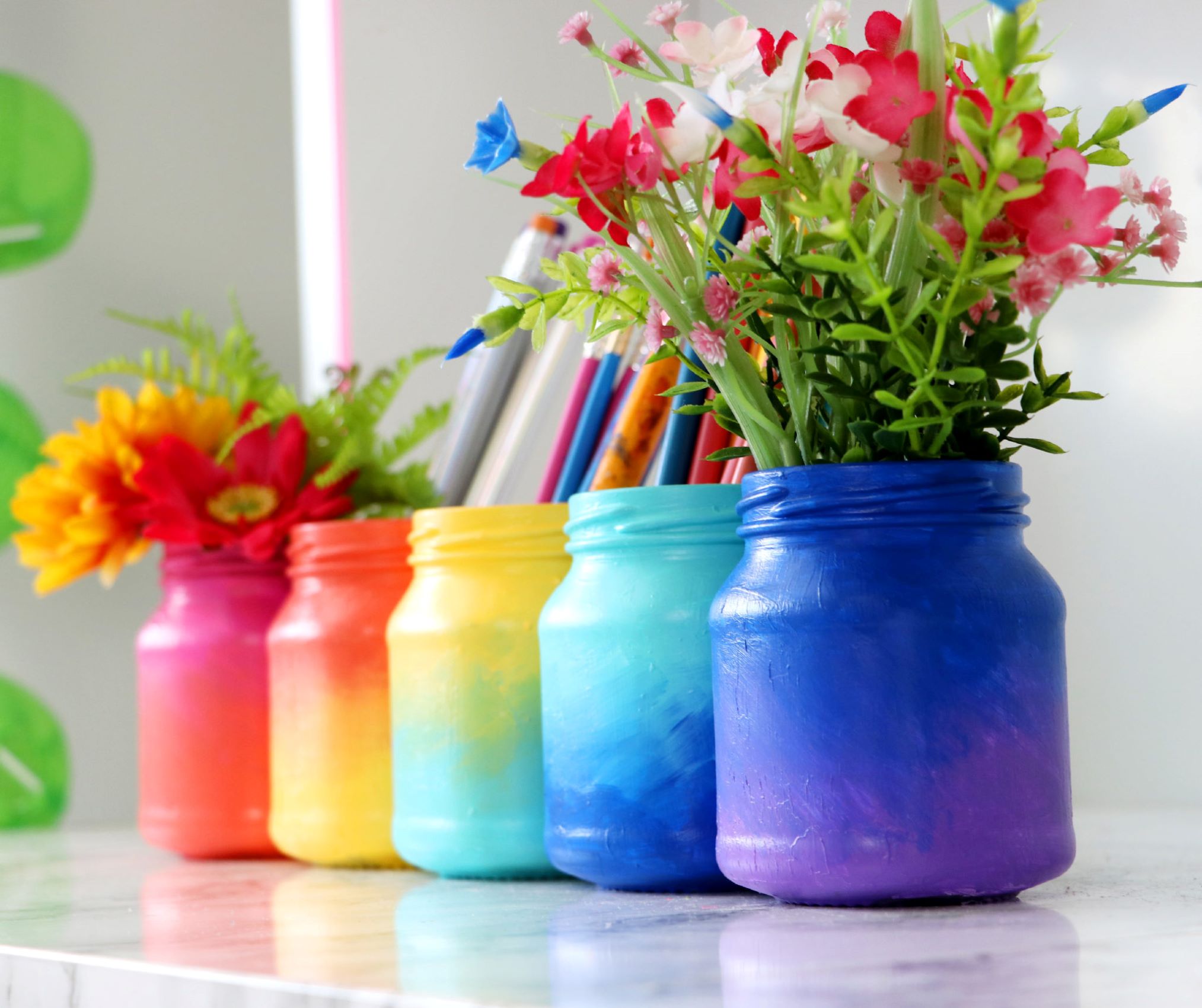
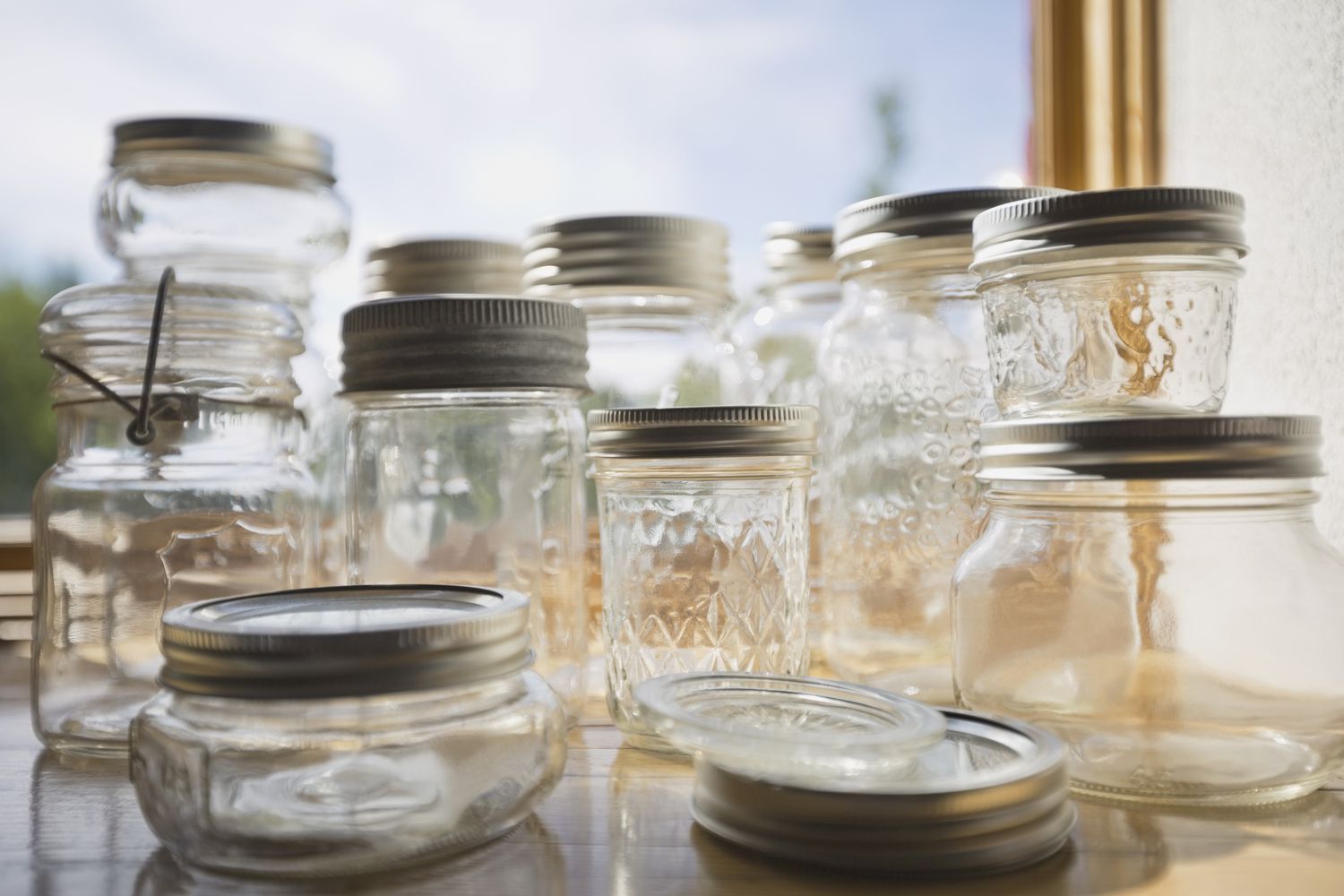
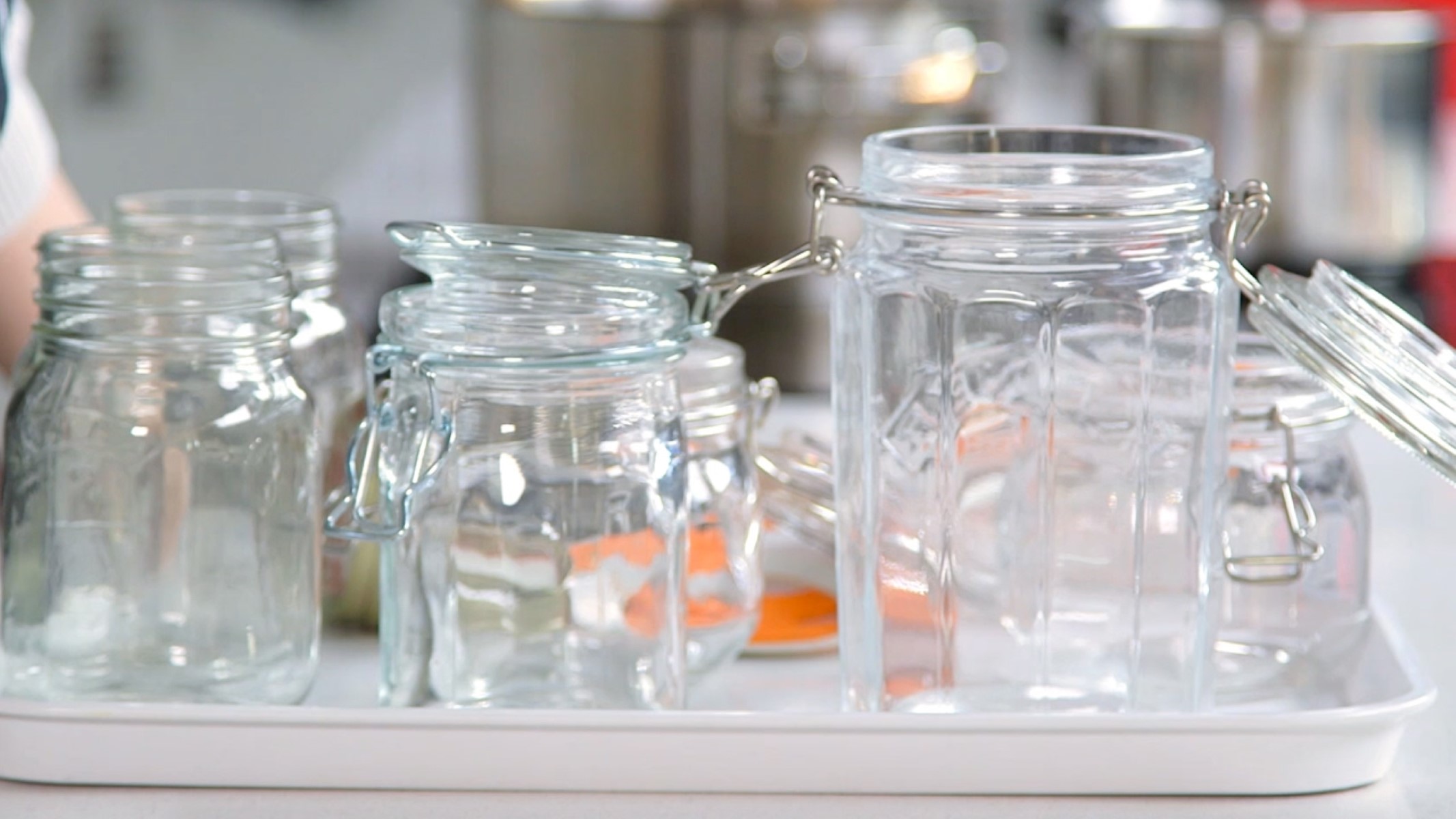
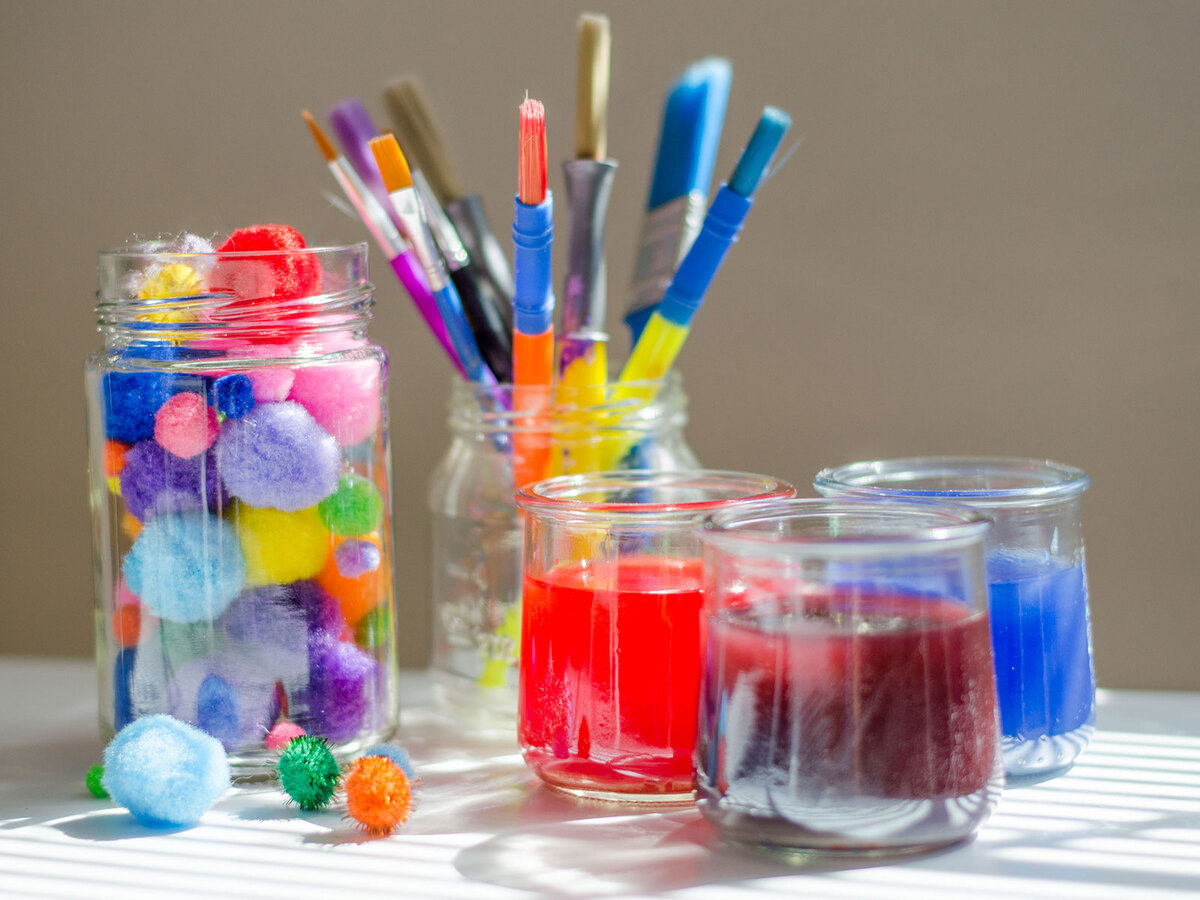
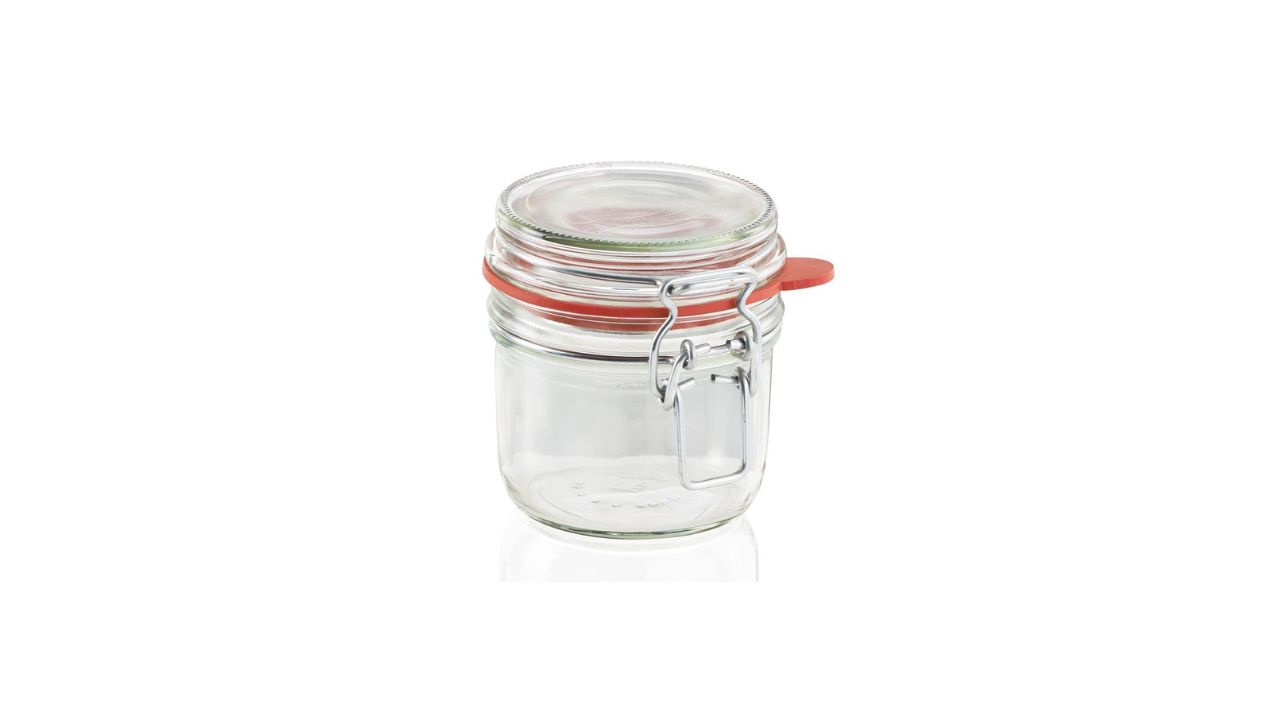
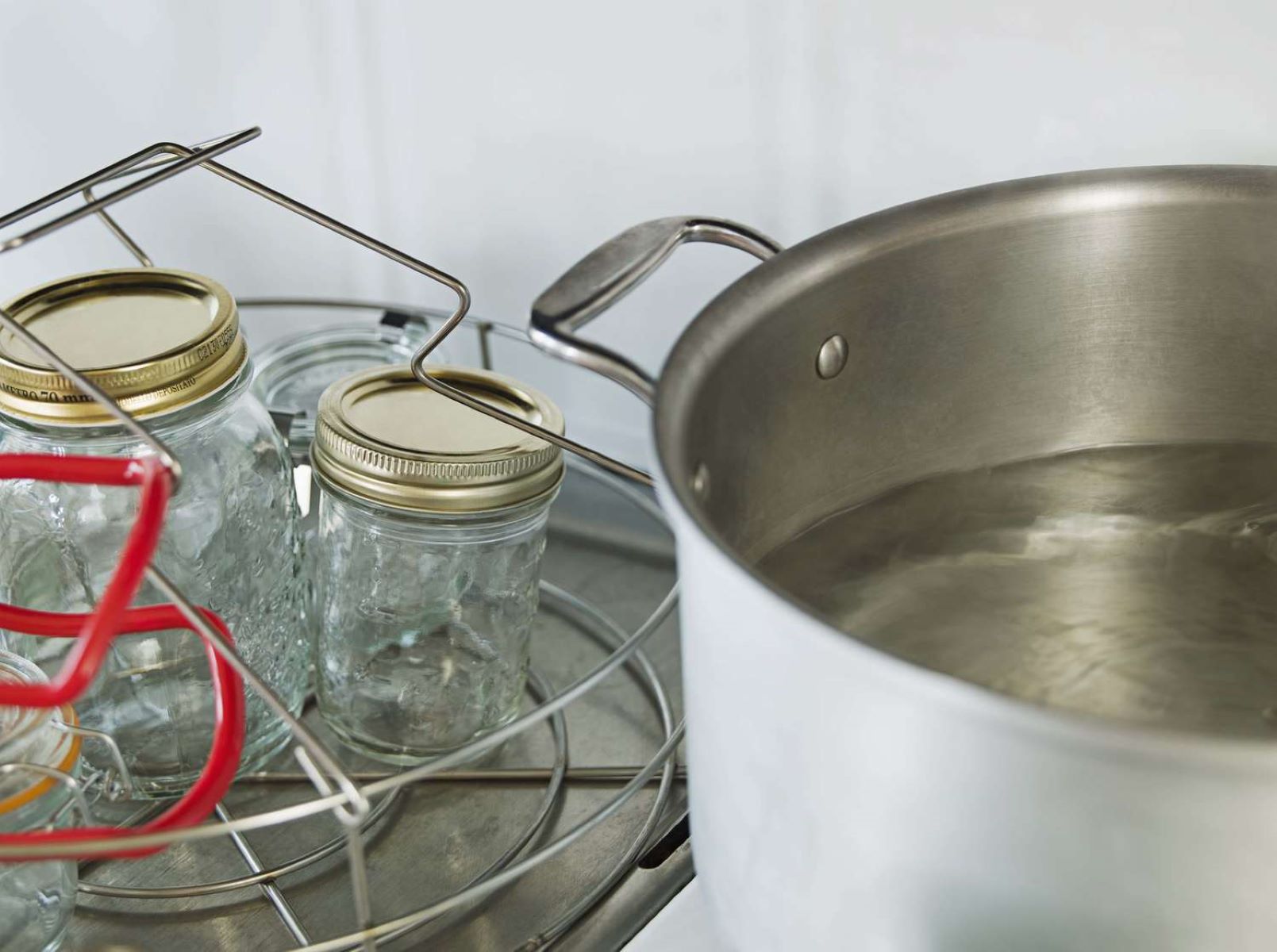
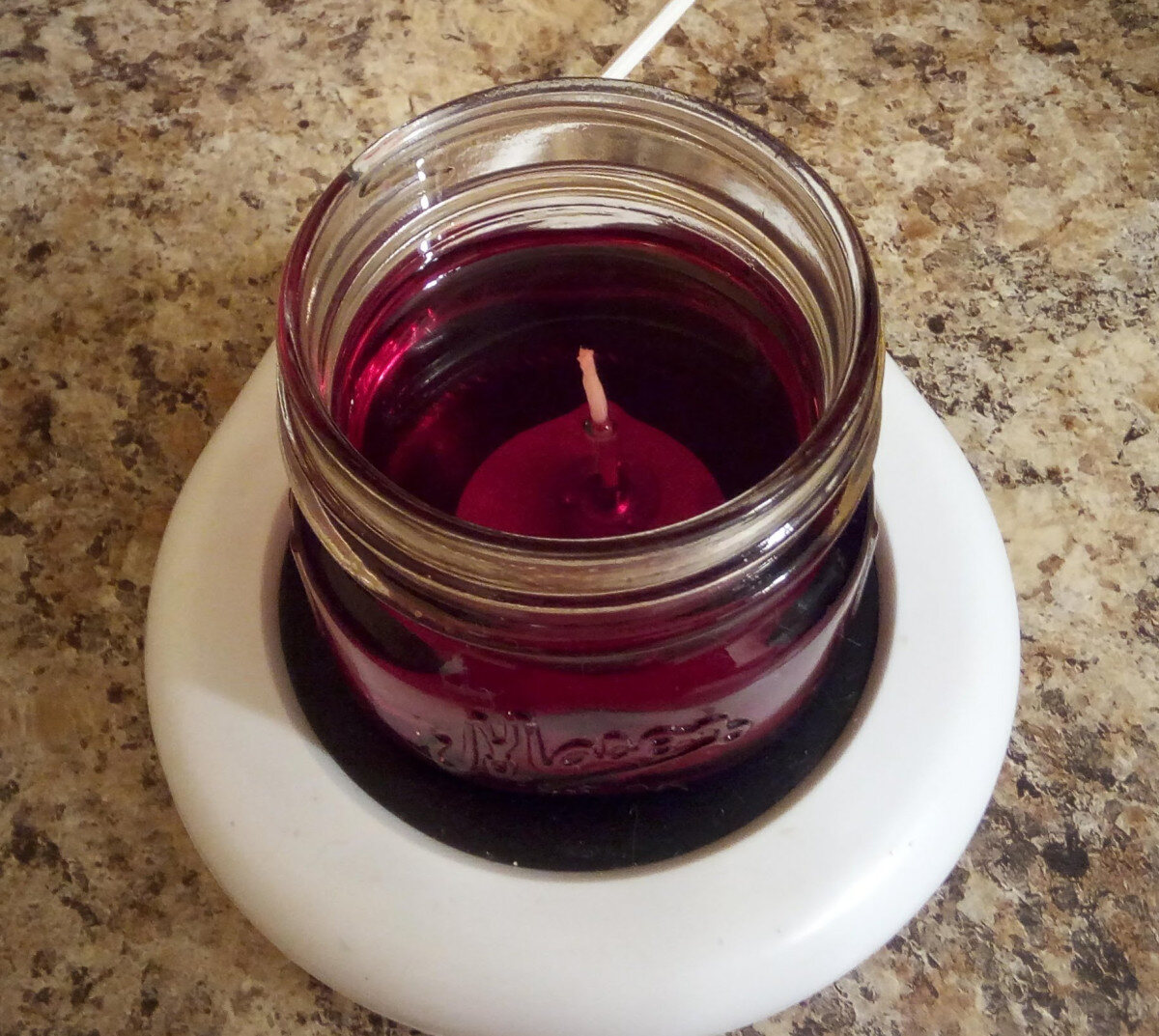


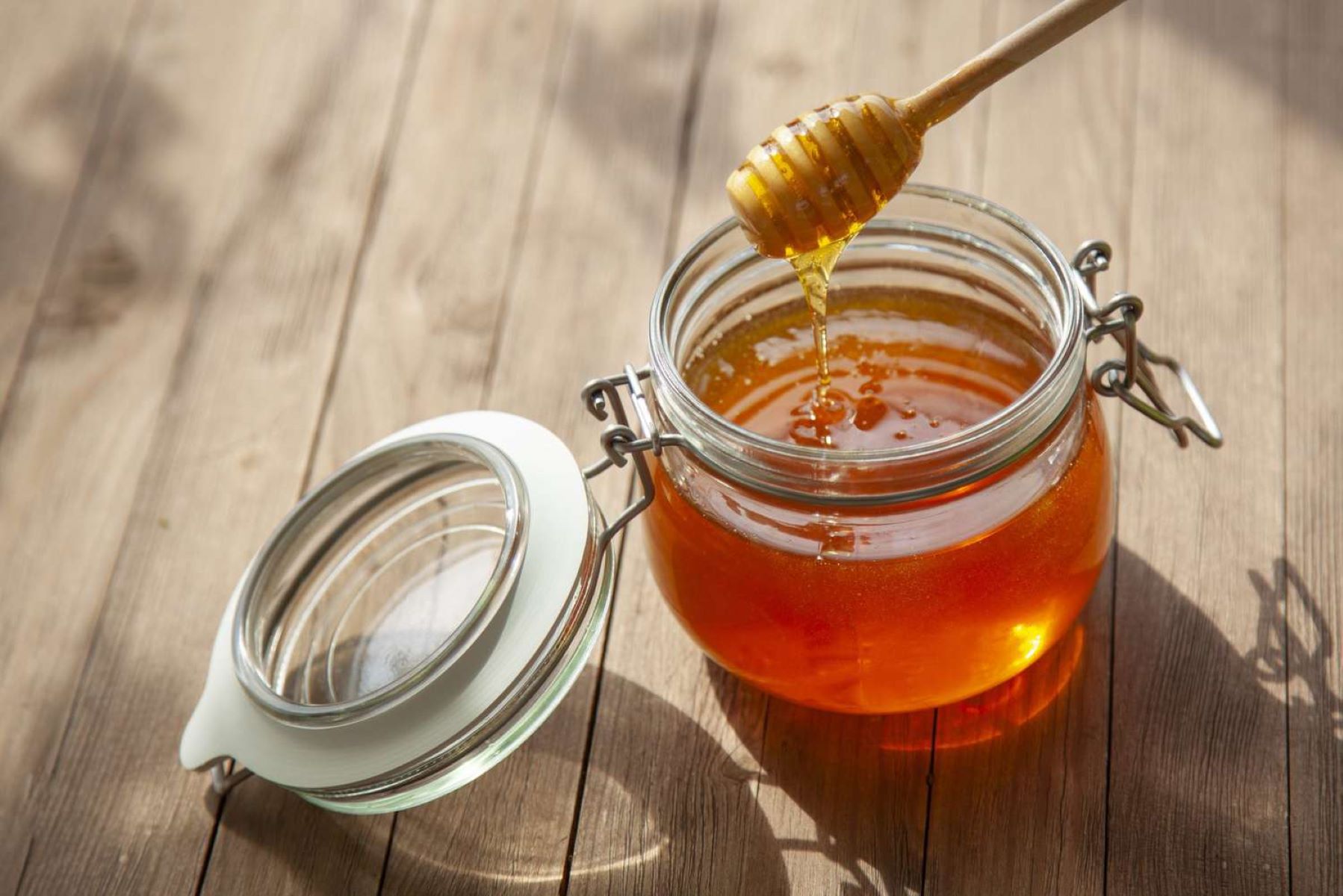

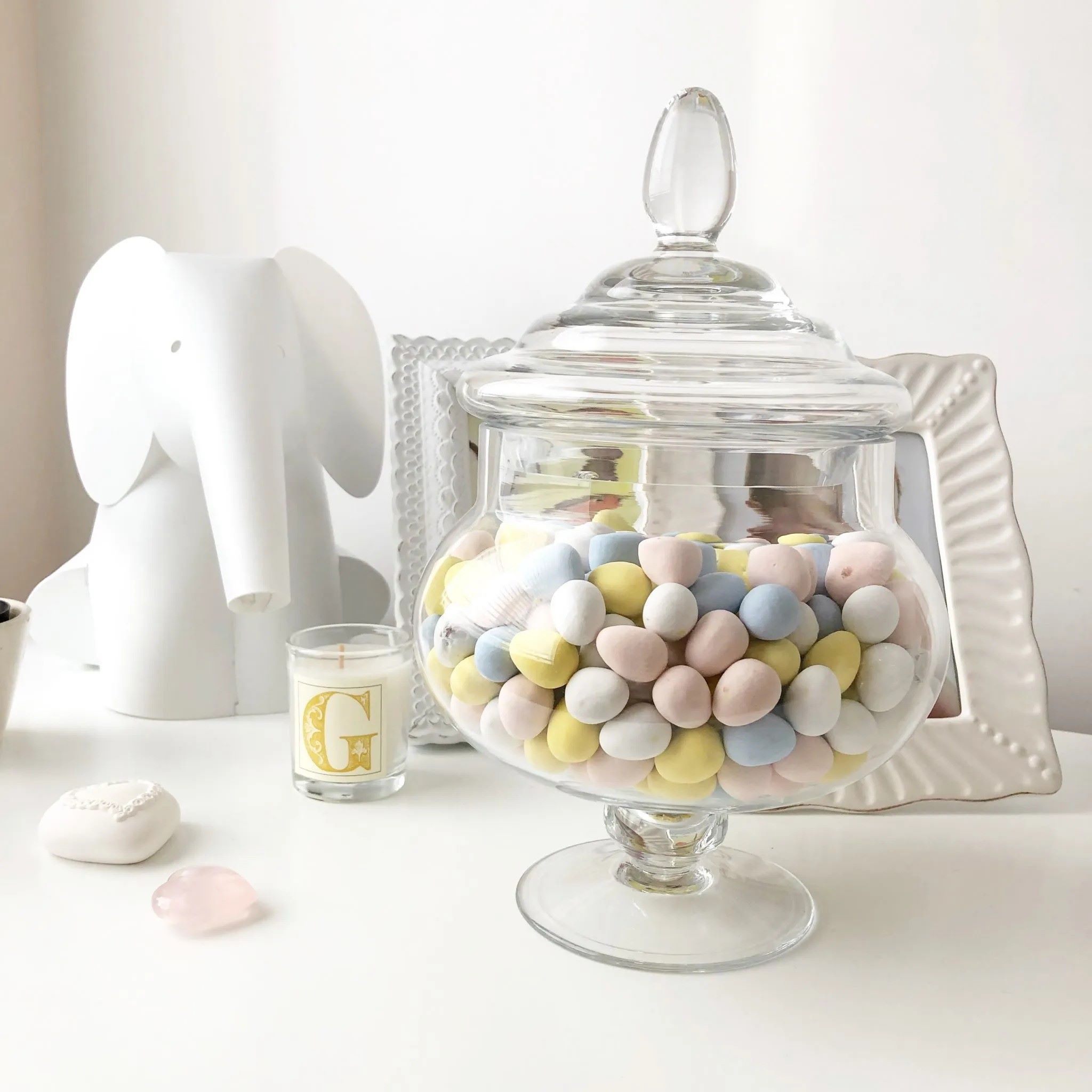
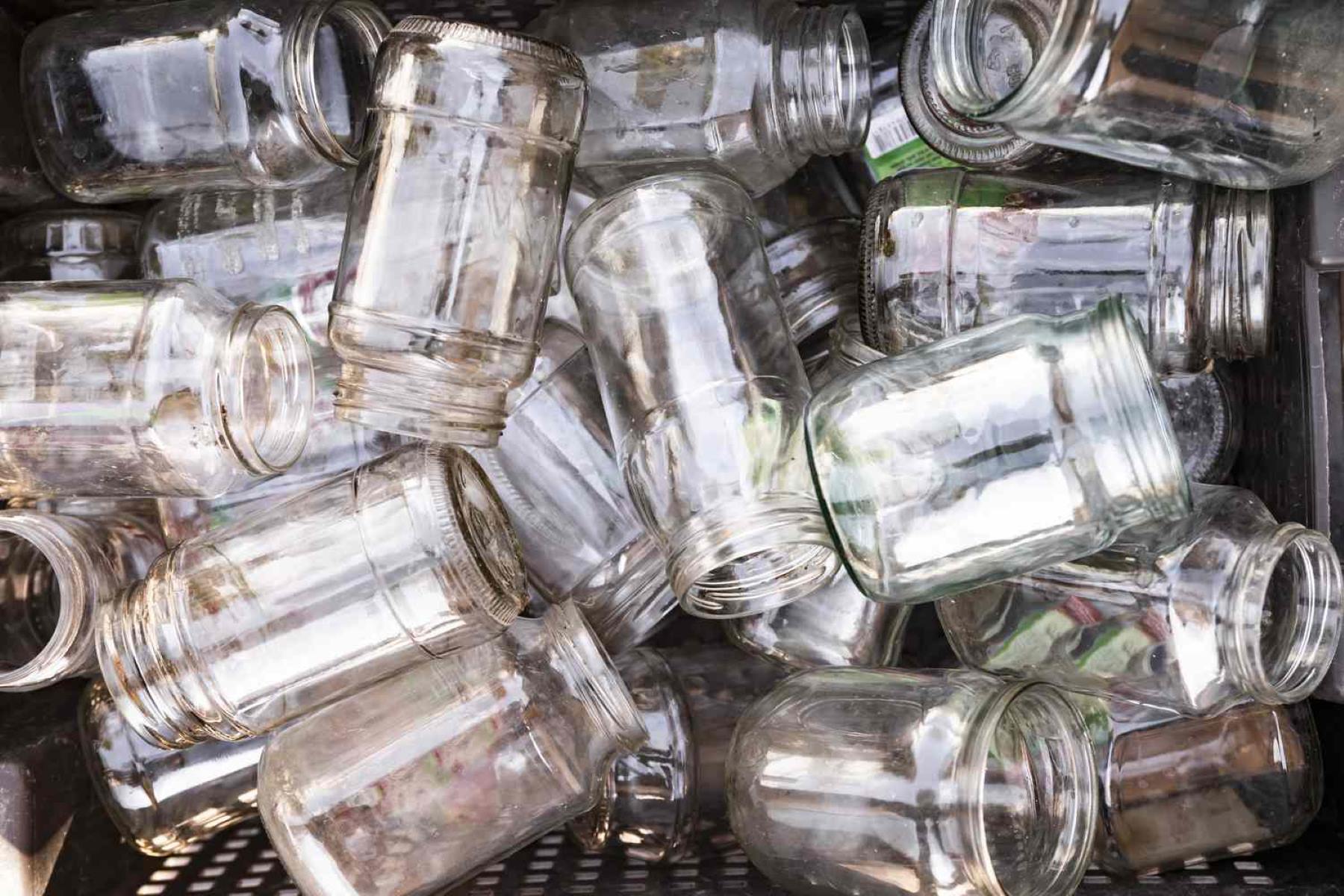

0 thoughts on “How To Store Glass Jars”